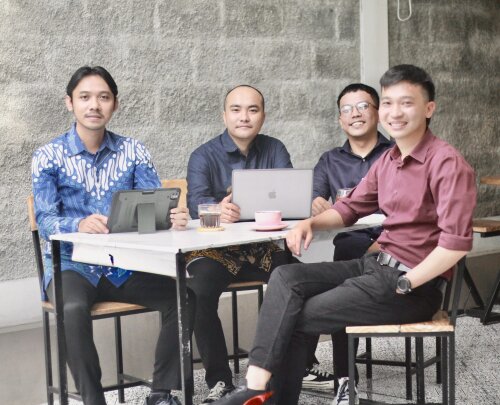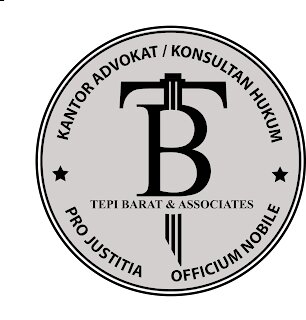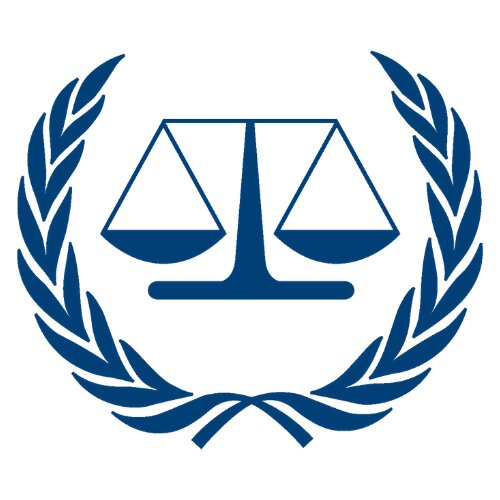Best Employment Rights Lawyers in Jakarta
Share your needs with us, get contacted by law firms.
Free. Takes 2 min.
List of the best lawyers in Jakarta, Indonesia
About Employment Rights Law in Jakarta, Indonesia
The field of Employment Rights in Jakarta, Indonesia is governed by a combination of national regulations, local laws, and international treaties. These regulations are designed to protect both employees and employers, ensuring fair treatment in the workplace. Key aspects of these laws include wage regulations, working hours, termination processes, and the protection of workers’ health and safety. Understanding these laws is crucial for both employees and employers to maintain lawful and harmonious industrial relations.
Why You May Need a Lawyer
There are multiple scenarios where individuals may require legal assistance concerning Employment Rights:
- Unfair Dismissal: If you believe you have been terminated without just cause or due process.
- Workplace Harassment: Any form of bullying, harassment, or discrimination at the workplace.
- Unpaid Wages: Situations where an employer fails to pay wages or other entitlements.
- Contract Disputes: Issues arising from employment contracts, such as breaches or misunderstandings.
- Workplace Injury: Seeking compensation for injuries sustained while on the job.
- Labor Union Issues: Matters related to labor unions and collective bargaining.
Local Laws Overview
Some key components of local laws relevant to Employment Rights in Jakarta include:
- Wages and Hours Regulations: Indonesian law specifies minimum wage requirements and regulates working hours (generally capped at 40 hours per week).
- Termination Procedures: Employers must adhere to proper termination procedures as dictated by Law No. 13 of 2003 regarding Labor. This includes providing appropriate notice and severance pay.
- Employment Contracts: Employment agreements must adhere to local regulations, specifying terms of employment including duration, job duties, and remuneration.
- Workplace Safety: Employers are required to ensure workplace safety under the Law No. 1 of 1970 regarding Work Safety.
- Dispute Resolution: The Industrial Relations Court (Pengadilan Hubungan Industrial) handles employment disputes and worker grievances.
Frequently Asked Questions
1. What is the minimum wage in Jakarta?
The minimum wage in Jakarta is determined annually by the provincial government and reflects cost of living adjustments. For the most current minimum wage, consult the latest PP (Provincial Regulation).
2. How are overtime wages calculated?
Overtime wages in Indonesia are generally calculated at a rate of 1.5 times the regular hourly rate for the first hour, and 2 times the regular hourly rate for subsequent hours. Employers are required to pay overtime for work beyond the standard working hours.
3. Can an employer terminate employment at will?
Indonesian labor law does not allow at-will termination. Employers must provide a valid reason and follow the appropriate procedures, including providing notice and severance payments where applicable.
4. What types of employment contracts are recognized by law?
Indonesian law recognizes two main types of employment contracts: permanent (without a fixed term) and fixed-term contracts. Each type has specific regulations that must be adhered to.
5. Are maternity and paternity leaves provided?
Female employees are entitled to three months of maternity leave, while male employees are entitled to two days of paternity leave, as stipulated by Indonesian labor law.
6. How can I report workplace harassment?
Workplace harassment can be reported to the employer's human resources department, the local manpower office, or directly to the police. Legal counsel may also assist in lodging a formal complaint.
7. What should I do if my employer does not pay my wages?
If an employer fails to pay wages, the employee can report this to the local manpower office (Dinas Tenaga Kerja) and seek legal assistance to resolve the dispute.
8. What are the protections for workers in hazardous jobs?
Workers in hazardous jobs are protected under the Work Safety Law No. 1 of 1970, which requires employers to provide a safe working environment and necessary safety equipment.
9. How can I join a labor union?
To join a labor union, employees can contact the union representative in their workplace or the local branch of the labor union. There are protections in place against employer retaliation for joining a union.
10. What steps can be taken if an employment dispute arises?
Employment disputes can be resolved through mediation, conciliation, arbitration, or by bringing the matter to the Industrial Relations Court. Legal advice can help in determining the best course of action.
Additional Resources
For further information and assistance, consider reaching out to the following:
- Ministry of Manpower of the Republic of Indonesia: Provides guidelines, resources, and can handle complaints regarding employment rights.
- Legal Aid Organizations: Such as YLBHI (Indonesian Legal Aid Foundation), which offer free legal services to those in need.
- Local Manpower Office (Dinas Tenaga Kerja): Can assist with local enforcement of labor laws and dispute resolution.
Next Steps
If you believe you need legal assistance in Employment Rights, consider the following steps:
- Seek initial advice from a legal aid organization or your local manpower office.
- Document all relevant information and correspondence related to your issue.
- Consult with a specialized employment rights lawyer to discuss your case and explore your legal options.
- Engage in any recommended legal proceedings or dispute resolution mechanisms as advised by your lawyer.
Taking these steps can help ensure that your rights are protected and that you receive fair treatment under the law.
Lawzana helps you find the best lawyers and law firms in Jakarta through a curated and pre-screened list of qualified legal professionals. Our platform offers rankings and detailed profiles of attorneys and law firms, allowing you to compare based on practice areas, including Employment Rights, experience, and client feedback.
Each profile includes a description of the firm's areas of practice, client reviews, team members and partners, year of establishment, spoken languages, office locations, contact information, social media presence, and any published articles or resources. Most firms on our platform speak English and are experienced in both local and international legal matters.
Get a quote from top-rated law firms in Jakarta, Indonesia — quickly, securely, and without unnecessary hassle.
Disclaimer:
The information provided on this page is for general informational purposes only and does not constitute legal advice. While we strive to ensure the accuracy and relevance of the content, legal information may change over time, and interpretations of the law can vary. You should always consult with a qualified legal professional for advice specific to your situation.
We disclaim all liability for actions taken or not taken based on the content of this page. If you believe any information is incorrect or outdated, please contact us, and we will review and update it where appropriate.
















